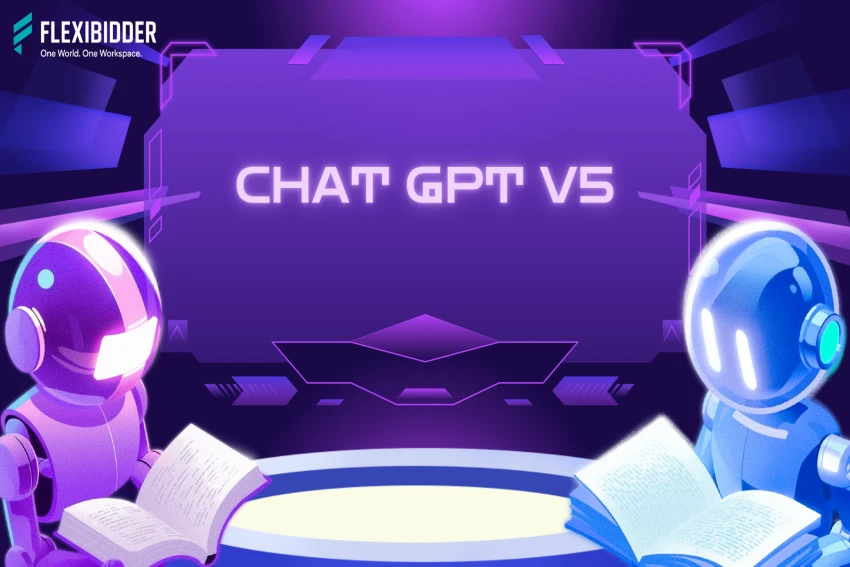
The release of ChatGPT-5 has sparked a new wave of innovation in the global tech ecosystem — and Indian IT companies are no exception. With India being one of the largest IT service providers in the world, advancements in Generative AI are reshaping how businesses operate, deliver services, and remain competitive in the global market.
This blog explores the impact of ChatGPT-5 on Indian IT companies, highlighting opportunities, challenges, and strategies for staying ahead in the AI-driven era.
ChatGPT-5 is the latest iteration of OpenAI’s large language model (LLM), offering enhanced reasoning, improved contextual understanding, multimodal capabilities (text, image, and code), and faster performance.
Key upgrades in ChatGPT-5 include:
Human-like communication with better emotional tone understanding
Multimodal AI — handling text, images, and code in one conversation
Advanced problem-solving for technical and business queries
Higher accuracy in generating code, documentation, and creative content
With over 4.5 million IT professionals and a $245 billion IT industry, India is well-positioned to harness ChatGPT-5’s potential.
ChatGPT-5 can accelerate coding, debugging, and testing by:
Auto-generating clean, optimized code
Offering instant debugging suggestions
Reducing development time by up to 30-40%
AI-driven chatbots and virtual assistants can handle 80% of repetitive queries, reducing costs and improving 24/7 customer support.
From technical documentation to marketing content, ChatGPT-5 can streamline workflows, ensuring faster delivery.
Indian IT companies can train employees on prompt engineering and AI-assisted development, opening new job roles in AI integration.
While ChatGPT-5 brings opportunities, it also presents challenges:
Job Displacement Concerns: Automation may replace certain repetitive roles.
Data Privacy & Security: Indian IT firms must comply with DPDP Act 2023 and client-specific data regulations.
Over-reliance on AI: Risk of reduced human critical thinking if AI is used without oversight.
Quality Control: AI outputs still require human validation.
Indian IT giants like TCS, Infosys, Wipro, and HCL are already experimenting with AI tools similar to ChatGPT-5 for:
Code generation & refactoring
AI-assisted testing
Knowledge base automation
Predictive analytics for clients
The next 3–5 years will see:
AI-first service models where AI takes the lead in project delivery
Hybrid teams with humans and AI collaborating
AI governance frameworks to ensure ethical AI usage
Increased global competitiveness of Indian IT companies
Q1: How can ChatGPT-5 help Indian IT companies improve productivity?
By automating coding, customer support, and documentation, ChatGPT-5 can save time and resources while improving accuracy.
Q2: Will ChatGPT-5 replace IT jobs in India?
It may automate repetitive tasks, but it will also create new AI-related roles requiring upskilling.
Q3: Which Indian IT companies are adopting ChatGPT-5?
While adoption is in early stages, major players like TCS, Infosys, and Wipro are actively exploring AI integration.
ChatGPT-5 is not just a tool — it’s a transformational force for Indian IT companies. Those who embrace AI early will gain a competitive edge, enhance service quality, and unlock new business opportunities. The future belongs to AI-empowered IT companies that combine human expertise with AI innovation.
No comments yet. Be the first to comment.

Introduction: The Digital Revolution on Our Plates Over the past decade, Zomato, Swiggy, and now...

The business world is evolving faster than ever. In 2025, adaptability, innovation, and tech-driven...